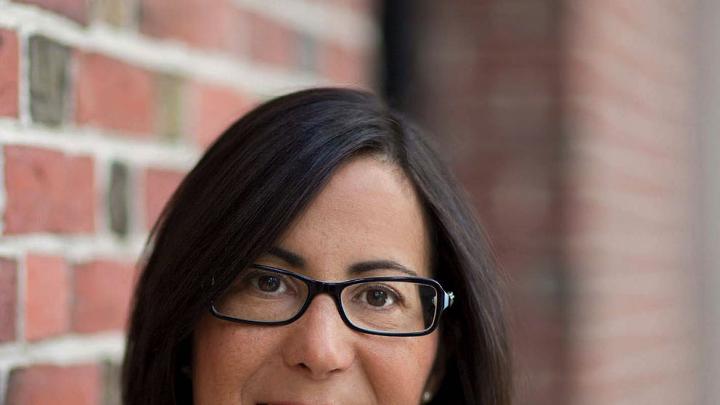Mellon professor of religion and Latinx studies Mayra Rivera was never a fan of apocalyptic narratives—“at all, actually.” But in 2017, Hurricane Maria devastated her native Puerto Rico, causing more than 3,000 deaths (some never officially acknowledged) and cataclysmic damage, and Rivera found herself rethinking. “This is a moment when, especially because of climate change, there’s a need to imagine a world that is ending or changing so significantly that we no longer recognize it. And some of the most prevalent imagery we have for this imagining,” she says, is in poetry, literature, and art “drawn from Christian texts”—in particular, the biblical Book of Revelation, which describes fire consuming much of the earth, seas turned to blood, rivers polluted, animals dead, the sun darkened by smoke. Drawn from Jewish literatures set in the context of the Roman empire, Revelation connects to another thread in Rivera’s work, too. Focusing on the Caribbean, she studies how theories of colonialism, race, and gender intersect with literature and the philosophy of religion. In Puerto Rico, she says, colonialism persists in contaminated water and land, in the history of nonconsensual medical experimentation, in everyday language and food and religious traditions: “It shapes concepts we use all the time.” These influences gnawed at Rivera even during her first career as a chemical engineer in San Juan (engineering she inherited from her father; religion from her devout mother). She spent 10 years working for Coca-Cola and consulting for pharmaceutical companies before embarking on theology full-time. “It was a need for the humanities, frankly,” she says. “Growing up, I always loved literature and the philosophical questions it asked about the world. Religion was the other discourse that I knew was interested in those questions.”
Mayra Rivera

Mayra RiveraPhotograph by Steph Stevens
You might also like
Talking About Tipping Points
Developing response capability for a climate emergency
Academia’s Absence from Homelessness
“The lack of dedicated research funding in this area is a major, major problem.”
The Enterprise Research Campus, Part Two
Tishman Speyer signals readiness to pursue approval for second phase of commercial development.
Most popular
More to explore
What is the Best Breakfast and Lunch in Harvard Square?
The cafés and restaurants of Harvard Square sure to impress for breakfast and lunch.
How Homelessness is a Public Health Crisis
Homelessness has surged in the United States, with devastating effects on the public health system.
Portfolio Diet May Reduce Long-Term Risk of Heart Disease and Stroke, Harvard Researchers Find
A little-known diet improves cardiovascular health through several distinct mechanisms.








